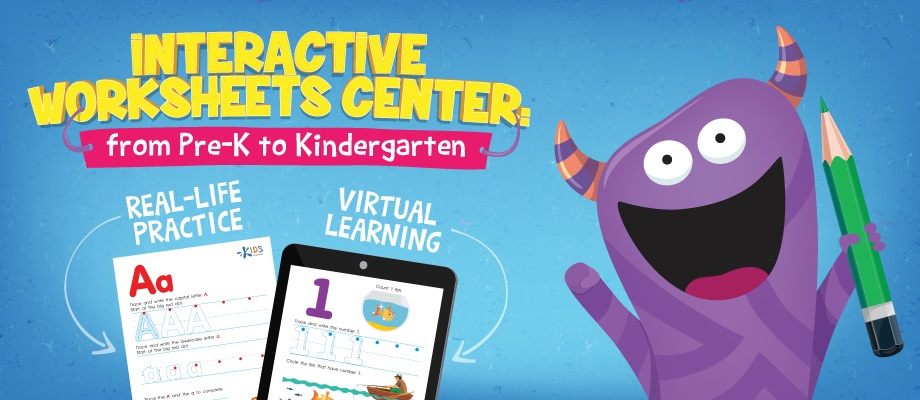Enhancing critical thinking Extra Challenge Worksheets for Ages 7-9
4 filtered results
-
From - To
Unlock your child's potential with our "Enhancing Critical Thinking Extra Challenge Worksheets for Ages 7-9." These engaging worksheets are designed to stimulate young minds, promoting analytical skills and problem-solving abilities. Featuring a variety of fun and challenging activities, children will delve into puzzles, brain teasers, and scenario-based tasks that foster critical thinking. Our resources encourage curiosity, logical reasoning, and creativity, ensuring your child not only meets academic standards but exceeds them. Perfect for enhancing classroom learning or for use at home, these worksheets provide an enjoyable way for kids to develop essential skills. Transform learning into fun and thought-provoking experiences today!
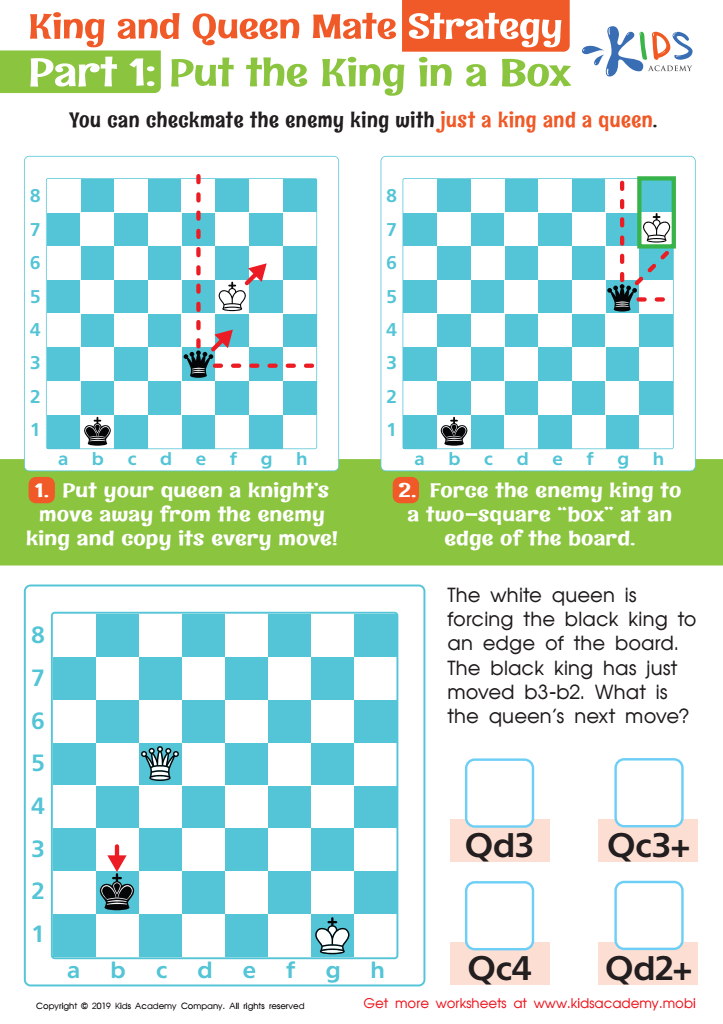

King and Queen Mate Strategy: Part 1 Worksheet
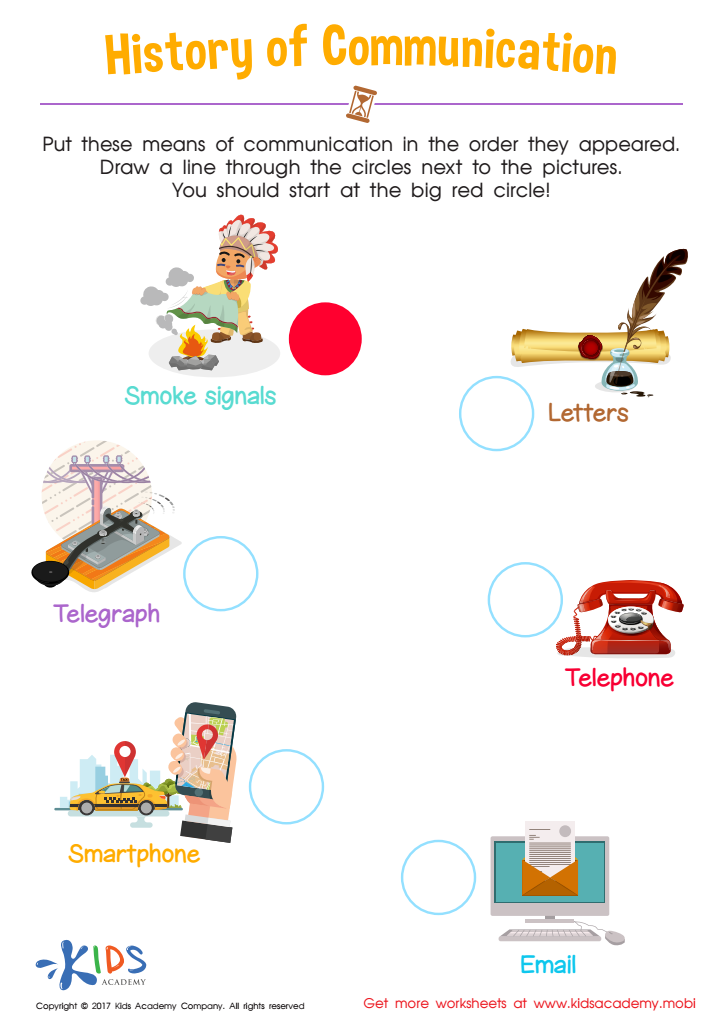

History of Communication Worksheet
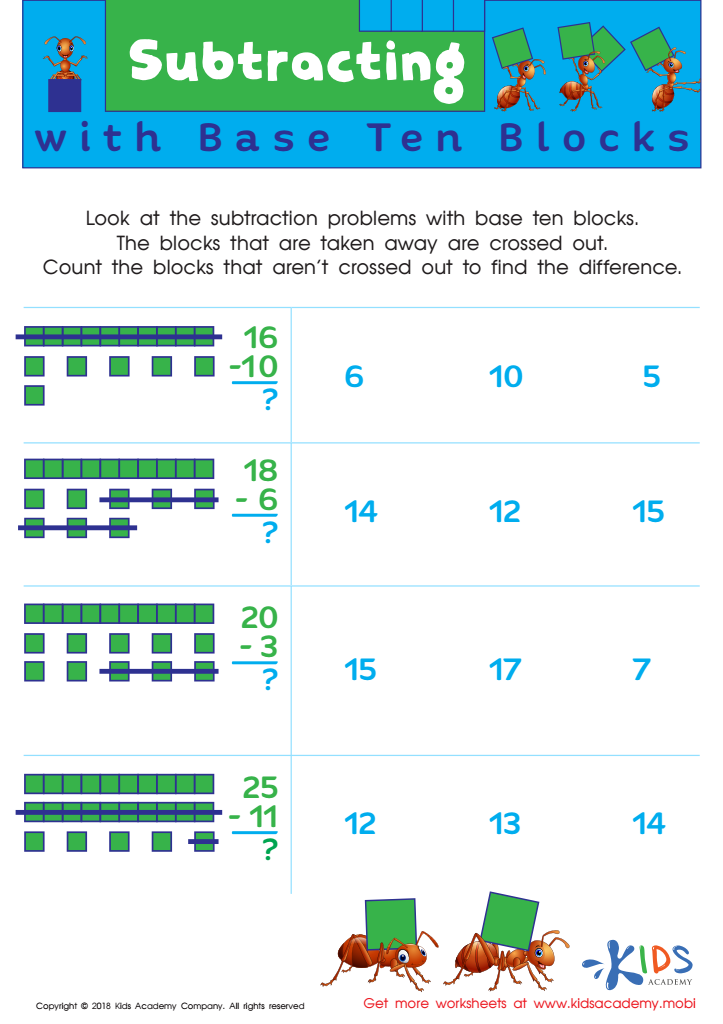

Subtracting with Base Blocks Worksheet
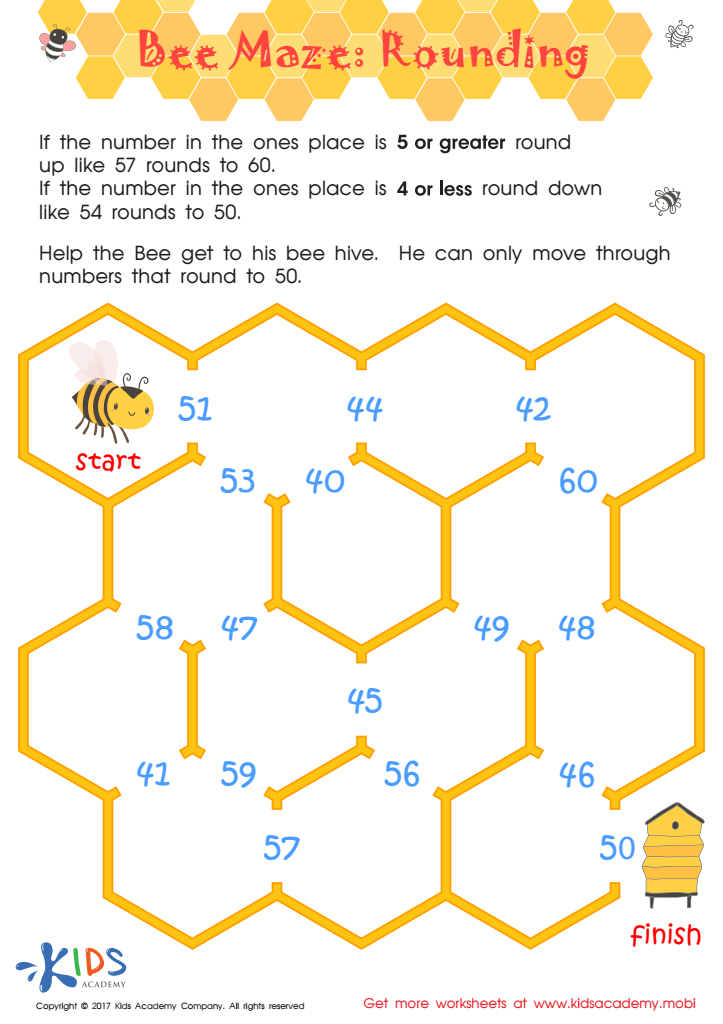

Bee Maze Worksheet
Enhancing critical thinking skills for children aged 7-9 is crucial for several reasons. At this developmental stage, children are beginning to engage with more complex ideas and are better equipped to analyze different perspectives. By nurturing critical thinking, parents and teachers empower kids to ask questions, evaluate evidence, and make informed decisions, skills that are essential for academic success and lifelong learning.
Critical thinking promotes independence and curiosity. Children learn to solve problems creatively and to approach challenges with an analytical mindset. This not only helps in school but also prepares them for real-world situations where they will need to assess information critically. Moreover, enhancing these skills early on cultivates resilience, as children learn that making mistakes is part of the learning process.
Furthermore, in today’s information-rich world, the ability to discern credible sources from misinformation is vital. Teaching children to think critically enables them to navigate the complexities of modern life more effectively.
Incorporating enriching activities that stimulate critical thinking ensures that kids are not just passive consumers of information but become active learners. By caring about and investing time in this development, parents and teachers can lay a strong foundation for future learning and responsible, engaged citizenship.

 Assign to My Students
Assign to My Students




